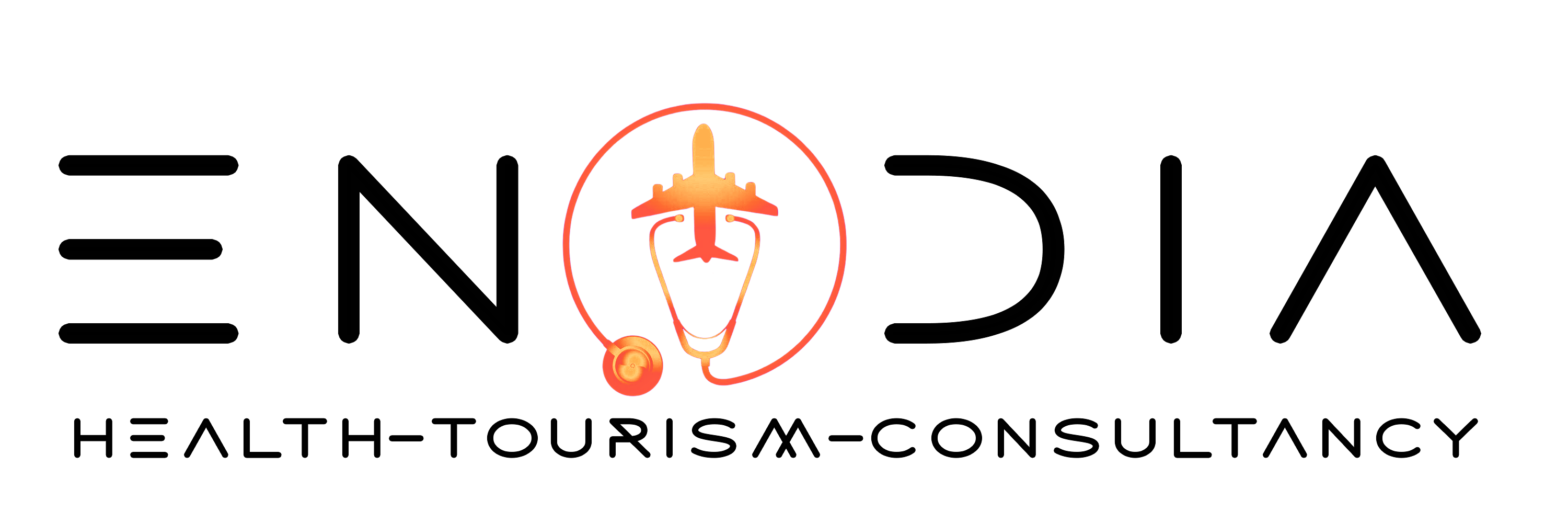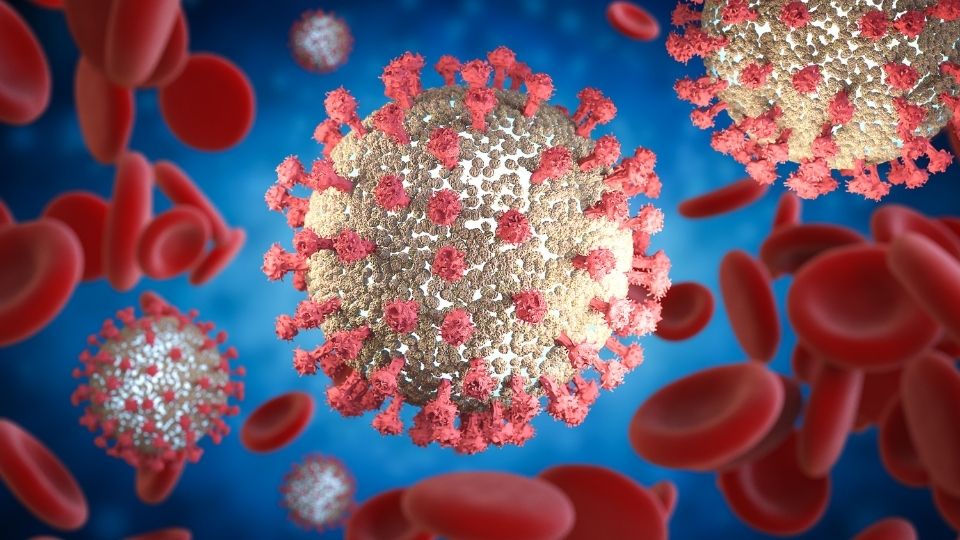Infectious diseases and clinic is a medical discipline that deals with the diagnosis, treatment and management of diseases caused by microorganisms that affect the human body. Experts in this field handle a variety of infections caused by microbes such as bacteria, viruses, fungi, and parasites and strive to protect and improve the health of patients. Infectious diseases and clinics help protect public health by providing effective treatment options as well as preventive measures.
Scope and Symptoms of Infectious Diseases
Infectious diseases cover a wide spectrum and can show various symptoms. These include symptoms such as fever, cough, runny nose, sore throat, headache, muscle pain, diarrhea, vomiting, skin rash, fatigue and shortness of breath. Infectious diseases include conditions such as influenza, cold, pneumonia, tuberculosis, HIV/AIDS, hepatitis, meningitis, malaria, dysentery, and COVID-19.
Diagnosis and Treatment Methods
Infectious disease and clinical specialists evaluate patients' symptoms, perform a physical examination, and diagnose the disease using diagnostic methods such as appropriate laboratory tests and imaging studies. Treatment methods vary depending on the type of infection, its severity, and the patient's general health condition. Antibiotics or antiviral medications are prescribed for some infections, while in other cases supportive measures such as symptomatic treatment, rest and fluid intake are taken.
Preventive Measures and Public Health
Infectious diseases and the clinic takes preventive measures to prevent the spread of diseases and protect public health. These include vaccinations, hand hygiene, proper food safety precautions, healthy lifestyle choices, limiting contact with infected people, and implementing public health policies. These preventative measures are critical to controlling the spread of diseases and helping prevent epidemics.




